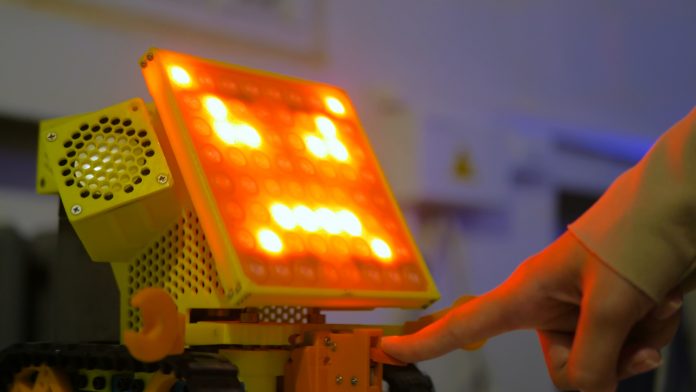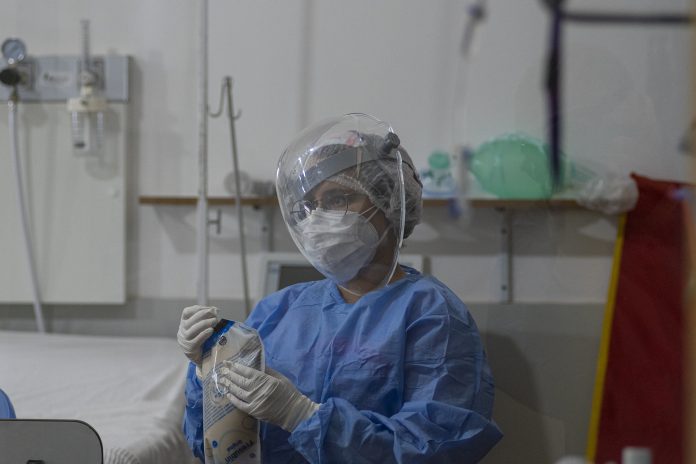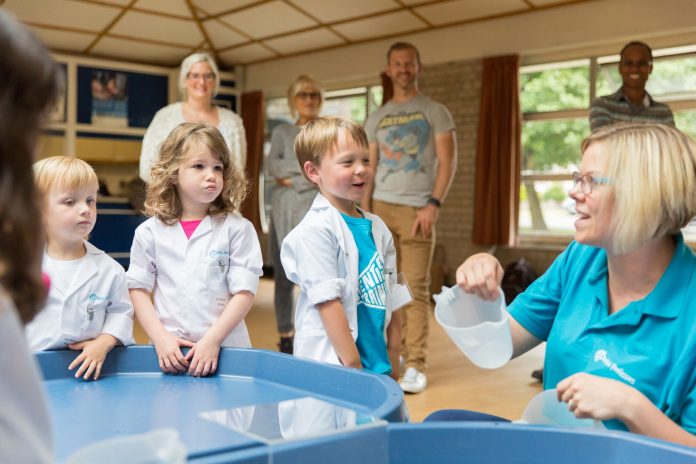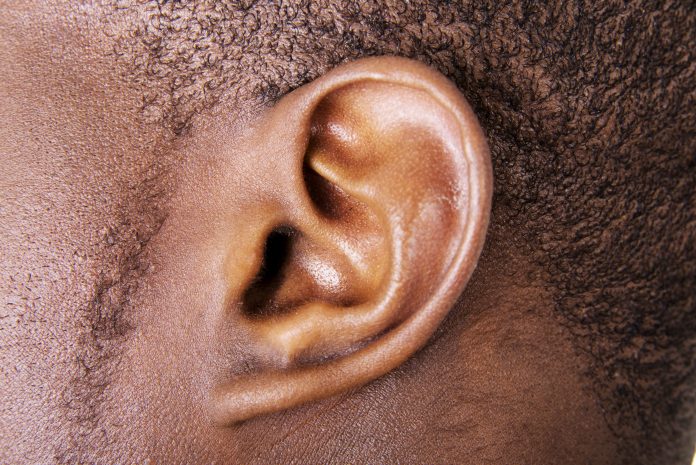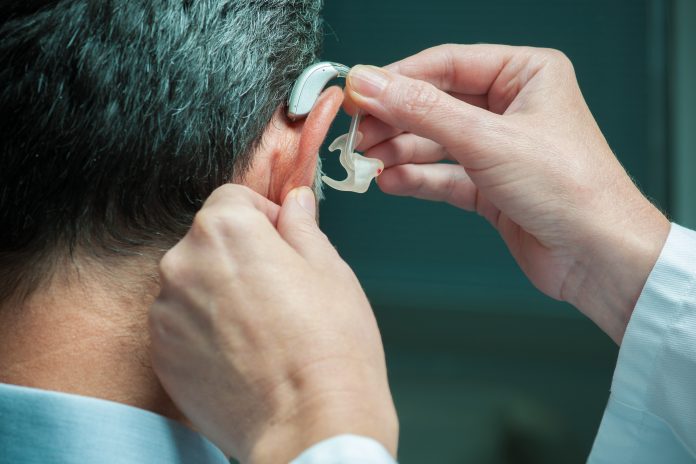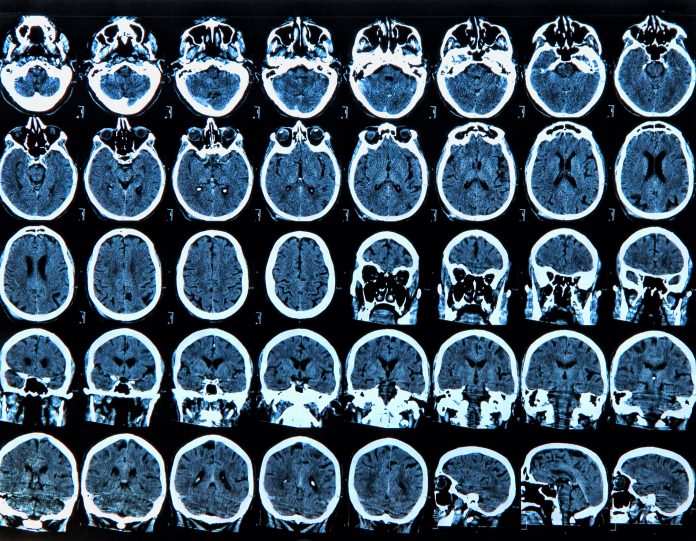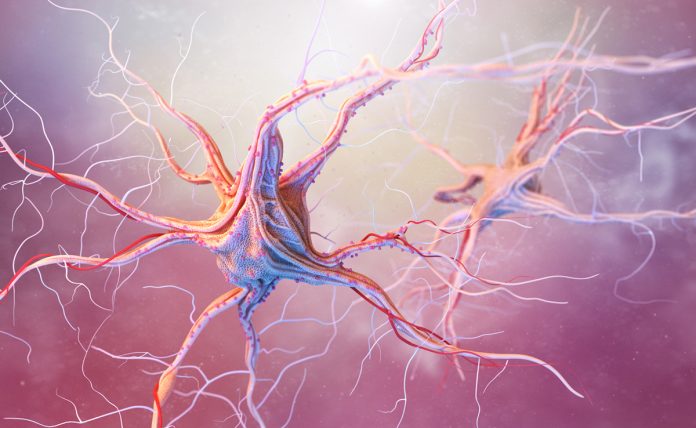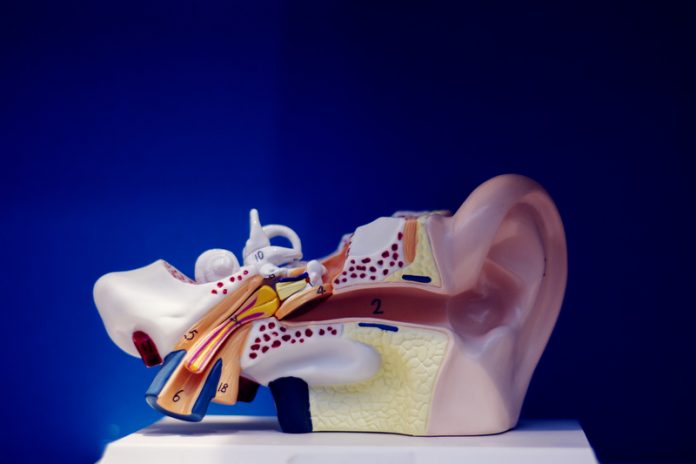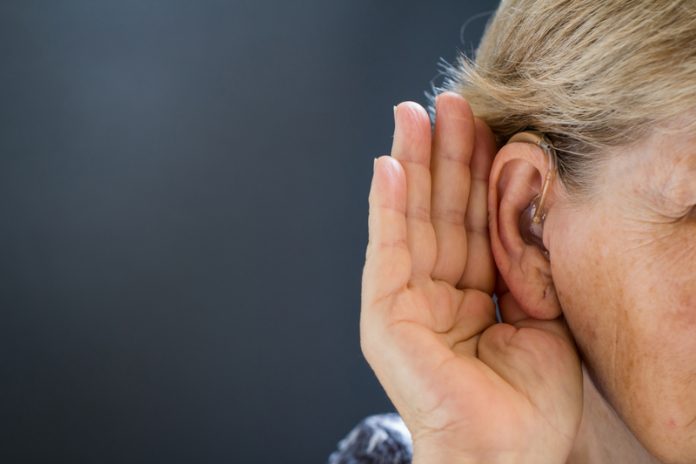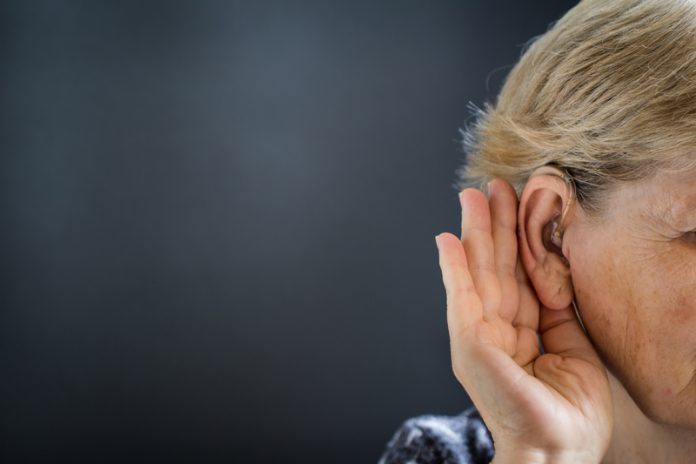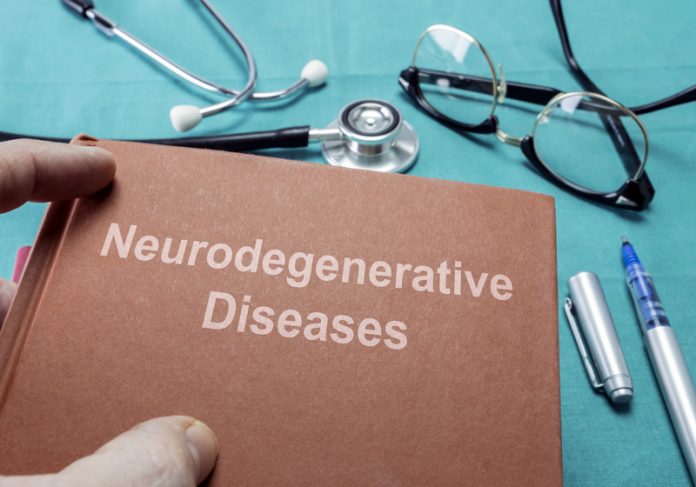Open Access Government produces compelling and informative news, publications, eBooks, and academic research articles for the public and private sector looking at health, diseases & conditions, workplace, research & innovation, digital transformation, government policy, environment, agriculture, energy, transport and more.
Home Search
auditory - search results
If you're not happy with the results, please do another search
Can scientists create emotionally intelligent robots?
Scientists at the Japan Advanced Institute of Science and Technology are trying to use neuroscience to create emotionally intelligent robots - which process more than logical instructions.
Scientists reveal that tinnitus is possible COVID-19 symptom
The University of Manchester found that tinnitus could be a COVID-19 symptom - some patients of the virus are reporting a loss in hearing and ringing of the ears.
Researchers explain the science behind “hearing the dead”
According to Durham University, mediums who are "hearing the dead" can have a history of unusual auditory experiences - they are more likely to experience absorption, which is linked to altered states of consciousness.
The EU Web Accessibility Directive to usher in an inclusive learning experience
Stewart Watts, Vice President EMEA, D2L, outlines the background of the EU Web Accessibility Directive and discusses its increased importance given the context of the increased move to online learning we’ve seen due to COVID.
5 reasons why online learning is a crucial part of education
Katherine Myers, Content and Off Page SEO at AV Installations, highlights 5 reasons as to why online learning has become a crucial part of education.
How is fear formed in a brain suffering PTSD?
New research using a mouse model shows how pathological fear memory is formed in a brain suffering PTSD and how this could be changed.
British Science Week: Instilling a love of science in the young
In recognition of British Science Week, Emily Whyte, Co-Founder at Mini Professors, highlights the importance of instilling a love of science in the young minds of today.
Labels are for products, not for people: Psychological assessment, understanding and care
Peter Kinderman, Professor of Clinical Psychology at the University of Liverpool and member of Mental Health Europe, argues that labels are for products and not for people, as he focuses on psychological assessment.
To speed up: Resurgent sodium current in the nervous system
Jason Tait Sanchez, Ph.D., CCC-A, FAAA, Associate Professor at Northwestern University, discusses resurgent sodium current in the nervous system.
Hearing speech in noisy environments
PhD students Courtney Coburn Glavin, Kailyn A. McFarlane, and Assistant Professor Jason Tait Sanchez discuss the mechanisms, barriers, and future progress for hearing speech in noisy environments.
Understanding and producing words with high-school maths
Professor R. Harald Baayen, Quantitative Linguistics, University of Tübingen, explains how we can understand and produce words with high-school maths.
Phone app uses light, sound and brainwaves to treat pain
Scientists at The University of Manchester are developing a smartphone application connected to goggles which flashlight at a special frequency to use brainwaves to treat pain.
Complexity of neurotrophin signalling in the nervous system
Momoko Takahashi, a Doctoral Student at Northwestern University, explains the complex research of neurotrophin signalling in the nervous system in this report.
Research on cardiovascular disease and the link with noise
Thomas Münzel MD, Omar Hahad PhD and Andreas Daiber PhD discuss the link between noise and cardiovascular disease, in this report about their research in the field.
U.S. research on deafness and communication disorders
The National Institute on Deafness and Other Communication Disorders charts the work of their organisation over the last 30 years that concerns research around the communication sciences, including deafness.
The genetically modified chicken: A sound approach to the study of hearing
Jason Tait Sanchez provides insight into why the genetically modified chicken is a sound approach to the study of hearing
Supporting biomedical research: A focus on hearing loss
We look at the the National Institute on Deafness and Other Communication Disorders (NIDCD)'s work around helping those with hearing loss.
Research into deafness, hearing loss and tinnitus: Towards a cure
Chief Executive for Action on Hearing Loss, Mark Atkinson charts the priorities for research into deafness, hearing loss and tinnitus towards a cure
Neurodegenerative disorders in the U.S.
The vital work of the National Institute on Deafness and Other Communication Disorders (NIDCD) and The National Institute of Neurological Disorders and Stroke (NINDS) are explored here by Open Access Government, with a special focus on neurodegenerative disorders.
Growing up with Specific Language Impairment
Growing up with Specific Language Impairment can impact a child's development in a number of ways. Professor Mabel Rice of the University of Kansas discusses the issues.

